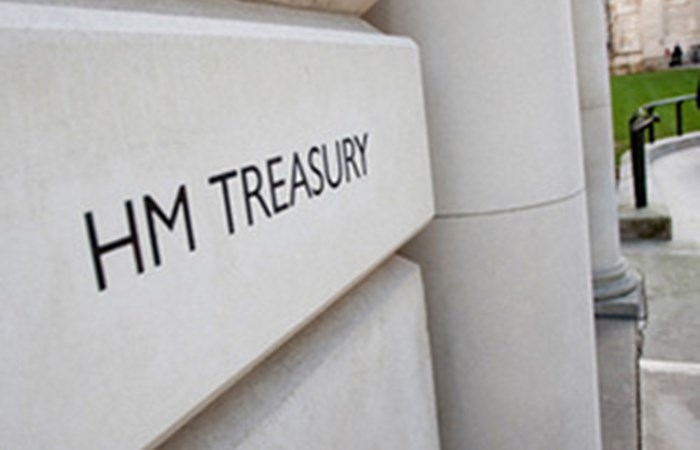HM Treasury

The government is taking the next step in the reform to the way it pays for schools, hospitals and other public infrastructure, setting out how it will invest public funds into new public private partnerships.
The government announced in December that it will be able to invest a share of the equity in future PF2 projects - its preferred model of public private partnership. As a shareholder, the public sector will have a seat on the board of PF2 project companies and will have a stronger voice on the decisions concerning the management of the company, marking an important step towards more transparent, better value partnerships.
The draft Shareholders Agreement will seek views from industry, public sector organisations and other interested parties on the terms of the public sector stake - including the provisions for public sector shares, how investment decisions are made and the transparency information that will be included in the PF2 annual report, to be published by Infrastructure UK.
The first scheme to implement the reforms will be the privately financed element of the Priority Schools Building Programme (PSBP). Forty six schools in five batches will be rebuilt using PF2, with a total funding requirement of approximately 700 million. Procurement for the first batch of schools was launched by the Education Funding Authority in June 2013 and the remaining batches will follow over the next 12 months.
Commercial Secretary to the Treasury, Lord Deighton said:
The launch of the consultation shows that we are getting on with delivering a new improved approach to the way we manage infrastructure projects.
Taking a share of equity in these projects means a greater voice for the public sector, stronger partnerships with the private sector and increased disclosure to the taxpayer. It will also make us better clients. This is an important step forward and we must continue this momentum.
The shareholder consultation will last for six weeks and will form the basis of legal documentation that public bodies will issue alongside PF2 contracts.
